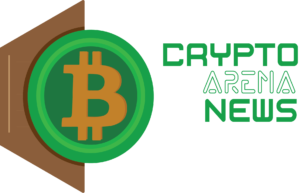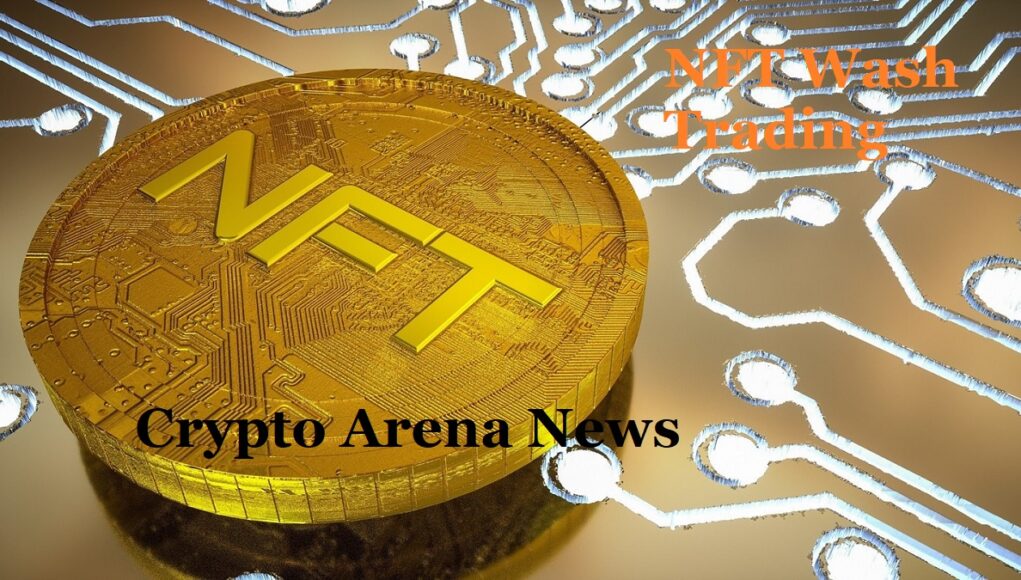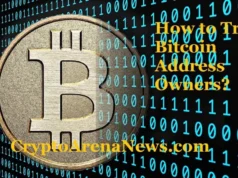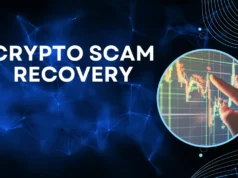Introduction
The crypto art industry has been booming in recent years thanks to the rise of non-fungible tokens (NFTs). NFTs are unique digital assets stored on a blockchain, making them one-of-a-kind and impossible to duplicate. This has created a new market for digital artists to sell their work for millions of dollars, but it has also attracted a dark side to the industry: NFT wash trading.
NFT Wash
NFT wash trading is a form of market manipulation that involves artificially inflating an NFT’s price by repeatedly trading it among oneself. This creates false demand, giving the illusion of value and increasing the price. However, the NFT has no value, and those involved only seek quick profits.
This Article Explores The Ins And Outs Of NFT Wash Trading On Marketplaces And How It Affects The Crypto Art Industry:
We’ll also provide tips on protecting yourself from scams and making informed investments.
The Dark Side of NFT Wash Trading on Marketplaces
It’s a serious issue on many marketplaces, including OpenSea, Rarible, and Nifty Gateway. While it’s difficult to estimate the exact extent of the problem, it’s clear that wash trading has become a widespread practice in the industry.
Here Are Some Of The Critical Issues With NFT Wash Trading:
Artificially Inflated Prices:
One of the most apparent problems with NFT wash trading is that it artificially inflates prices, making it difficult for investors to determine the actual value of an NFT. When a group of individuals engages in wash trading, they can drive up to levels far beyond what the market would generally support. This can create a bubble that eventually bursts, leaving investors with worthless assets.
Lack of Transparency:
Another issue with NFT wash trading is that it lacks transparency. Since wash trading involves trading an NFT back and forth with oneself, it can be challenging to identify when it’s happening. This makes it harder for investors to make informed decisions and can lead to a lack of trust in the market.
Scams and Fraud:
It’s also a breeding ground for scams and fraud. Since it’s easy for individuals to create multiple accounts and engage in wash trading, it’s also easy for them to scam investors. For example, they might create a fake NFT and use wash trading to drive its price, then disappear with the profits.
Harm to Legitimate Artists:
Finally, NFT wash trading can harm legitimate artists trying to make a living from their work. When the market is flooded with artificially inflated NFTs, it can be difficult for legitimate artists to compete. This can lead to a situation where only the individuals engaging in wash trading are making money, while talented artists are left struggling to make ends meet.
How to Protect Yourself from NFT Wash Trading Scams
Now That You Know About The Dangers Of It, It’s Essential To Take Steps To Protect Yourself From Scams. Keep In Mind The Following Advice:
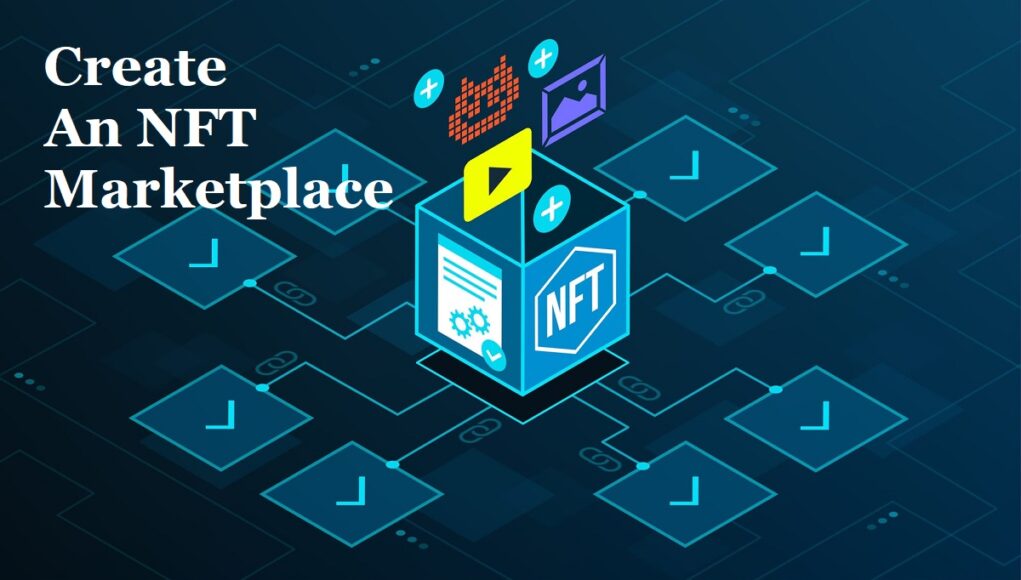
Do Your Research:
Before, take the time to research the artist and the marketplace. Look for reviews and ratings from other investors and check the artist’s past works to see if they have a record of producing high-quality pieces. Also, research the marketplace to ensure it has a reputation for being trustworthy and transparent.
Look for Signs of Wash Trading:
Pay attention to the trading patterns of an NFT before investing. If you notice that the NFT has been traded back and forth between the duplicate accounts multiple times, this could be a sign of its trading. Similarly, if the price of the NFT suddenly spikes without any apparent reason, this could also be a red flag.
Don’t Put More Money At Risk Than You Can Afford To:
As with any investment, investing only what you can afford to lose is crucial. This is especially true in the crypto art industry, where prices can be volatile, and scams are common. Ensure you understand the risks involved before investing in an NFT, and only invest money you can afford to lose before investing.
Use a Trusted Escrow Service:
When buying or selling an NFT, using a trusted escrow service is a good idea. This will help ensure that the transaction is secure and that both parties are protected. An escrow service acts as a middleman, holding the funds until the transaction is complete. This can help prevent scams and ensure the buyer receives the NFT they paid for.
FAQs about NFT Wash Trading on Marketplaces
Is NFT Wash Trading Illegal?
NFT wash trading is not illegal but is considered market manipulation and unethical. There is also the possibility of scams and fraud as a result.
How Can I Spot NFT Wash Trading?
Look for patterns of trading that involve duplicate accounts trading an NFT back and forth multiple times. Also, be wary of sudden spikes in the price of an NFT without any apparent reason.
Can I Make Money From Investing In NFTs?
Yes, making money from investing in NFTs is possible, but it’s essential to do your research and be cautious. Keep a close eye on the risks and only invest what you can afford to lose.
Conclusion:
It’s a severe issue in the crypto art industry that can lead to artificially inflated prices, lack of transparency, scams, and harm to legitimate artists. It’s essential to be aware of the risks and protect yourself from scams. Research, watch for wash trading signs, invest wisely, and avoid crypto art scams. There is a good chance that something sounds too good to be true.
Amid the rising popularity of NFTs, investors must be wary of their risks. Stay alert by following the tips, researching, and avoiding scams and market manipulation.
Marketplaces must combat NFT wash trading to uphold their credibility as a transparent and dependable arena for artists and investors. Some measures that can be taken include implementing stricter regulations, monitoring trading patterns, and providing educational resources to users.
To address it, all stakeholders in the crypto art industry must be informed, cautious, and proactive to ensure sustainable and ethical growth.
